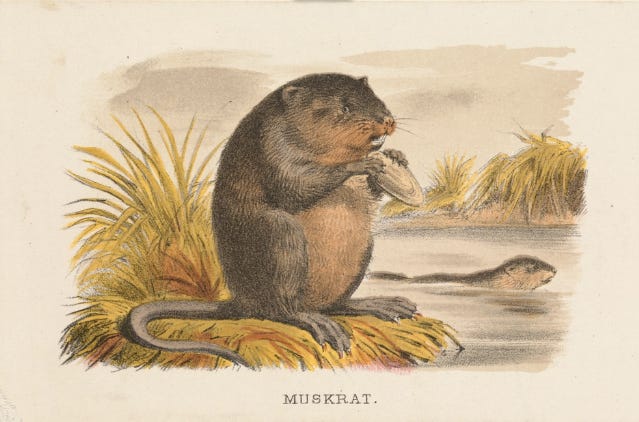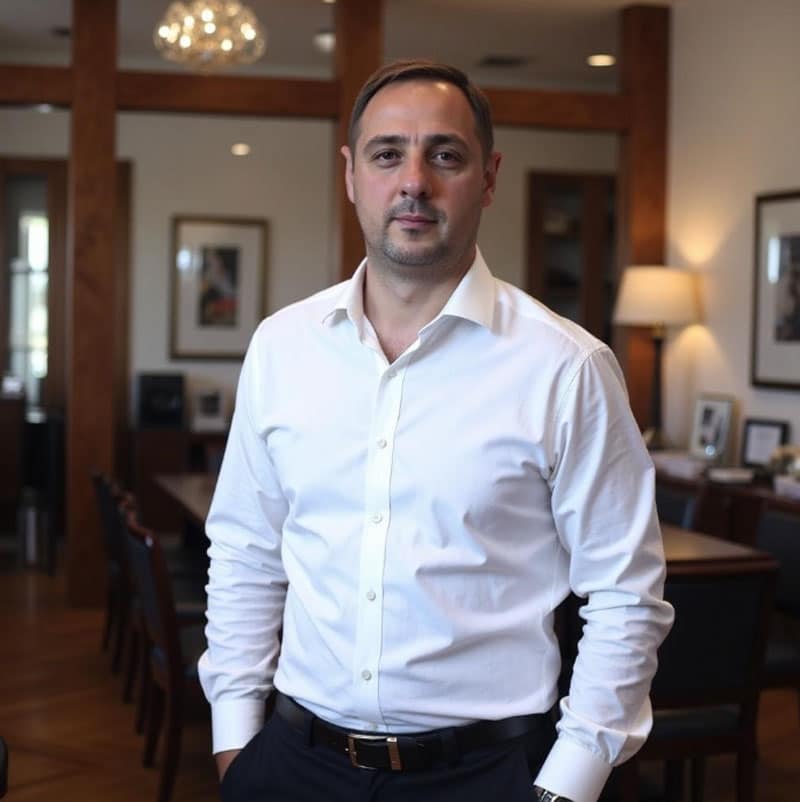In an attempt to scientifically determine what traits are shared by people we deem “wise,” I created the Wisdom Research Project. We interviewed 60 wise adults, including a concentration camp survivor, a woman twice widowed, a CEO of five successful companies, among many others.
The findings proved fascinating. I learned that wisdom is unrelated to accomplishments or wealth, but is an actual mindset. It’s comprised of eight essential life skills working together. This means that, instead of an abstract concept, wisdom is a state that we, as individuals, can develop and even master.
In particular, leaders who work to develop the eight skills integral to wisdom are better poised for success. They have the skills necessary for navigating their role with more confidence, insightfulness and openness to different perspectives. As they attain the qualities associated with wisdom, they enjoy more meaning, depth and inner peace in their leadership roles and in their lives.
Below are the eight research-based traits that characterize wisdom, along with ways to master them to become a better leader:
1. Resilience. The quality of being resilient was the most common element associated with wisdom. This is because wise people are able to view life’s challenges as lessons. They don’t think of themselves as victims, but as students—that an obstacle isn’t there to “break” them but to “make” them. How do you build resilience? When you’re encountering turbulence or things seem to be going wrong, think of the bigger picture. Take a step back and give yourself time to think things through. Obstacles are managed better with a clear mind.
2. Kindness. This is one element of wisdom that makes a big impact with very little effort, yet it must be genuine and heartfelt and not based on convention or obligation. At the core of kindness is a deep love and respect for humanity. As you work to become kinder, understand that you first must be kind to yourself. Kindness is the way to counteract the negative thoughts and behaviors we encounter is modern life. It’s a sign of wisdom to take the high road and approach unkind people with compassion.
3. Positivity. People with a positive outlook reflect a sense of optimism, calm and hope. They tend to not sweat the small stuff. They’re naturally more engaged in their surroundings and their life experiences. In work settings, they are resourceful and hard-working—both key elements of success. To embrace a more positive outlook, make pursuing joy a priority. When you wake in the morning, thank the universe for another day. Understand that you alone have complete control of your thoughts and feelings, and that they can be made into positive ones.
4. Spirituality. The search for and belief in the connection between the physical and the spiritual is also the path to wisdom. It brings more meaning to life and is often rooted in gratitude. The key to gaining a greater awareness regarding spirituality is to be open-minded and not avoid or dismiss that which you don’t see or understand. Additionally, surrounding yourself with people who have spiritual beliefs will give you have a better understanding of how spirituality can guide you.
5. Humility. While it appears a lost capability in today’s aggressive world, humility is an important element of wisdom. Leaders who lead from a place of humility better connect with others and establish deeper and more meaningful relationships. Regardless of their position in life, humble people believe it’s important to be receptive to learning and to improving themselves. Increase humility by letting go of ego. Invite others’ opinions and consider alternate ideas or constructive criticism to be valuable feedback.
6. Tolerance. Any type of problem-solving requires tolerance and open-mindedness. People who tolerant know that there’s more than one way to solve a problem. They have the ability to keep an open mind and be considerate of different cultures, ideas and experiences. Developing more tolerance involves being respectful and receptive to others’ viewpoints. Acknowledge commonalities even as you offer counterarguments, while focusing on the bigger picture and the ultimate goal.
7. Creativity. An imagination serves as the engine that ignites the spark to make the impossible possible. Creativity allows for curiosity and individuality and for thinking outside the box. It’s about imagining what could be rather than being satisfied with what is. Think of creativity as essential to aiding in your growth and wisdom. Draw for five minutes or just really listen to a piece of music. It’s about the process and not the outcome. Have no expectations, just enjoy the endeavor.
8. Curiosity. Every discovery and innovation the world has ever known began with curiosity. Those who are curious take interest in things outside their scope of knowledge and seek ways to learn about something new. As Albert Einstein said, “The mind that opens to a new idea never returns to its original size.” Curiosity is an active pursuit. Ideas and knowledge don’t just come knocking on your door; you have to actively pursue knocking on their doors. With practice, curiosity develops into an innate reflex that enables you to focus on wondering, questioning and searching.
The world needs more wise leaders. With these attainable skills that lead to wisdom, we have a pathway for developing into better leaders. Yet it isn’t enough that we know the eight elements of wisdom. Using and integrating them into our daily lives is how we will be able to make a true difference.








































































